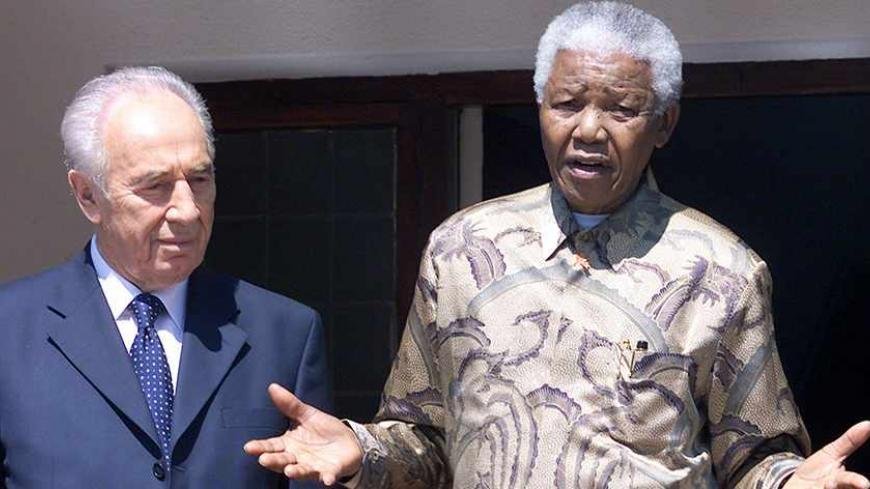Israel apartheid? You must be willing to say the same of Aotearoa
by Nadine Rubin Nathan
OPINION: A day before the World Cup Rugby final, I saw a call for a petition asking the All Blacks to speak up on the humanitarian crisis in Gaza when they played South Africa in the World Cup Rugby Final. It was shared on the Aotearoa Liberation League’s social media channels with the following message: “The @allblacks need to stand up against apartheid once again.” Still, by the time the ill-fated Rugby game took place, the petition had just 818 signatures. We all know the power of sport. Had the petition asked for the All Blacks to denounce the actions of Hamas and call for the release of the 220+ Israeli hostages along with a ceasefire to end the bombing which is taking a tragic toll on innocent Palestinians and innocent Israelis, I would have signed it—and I’m willing to bet that thousands of others would have too.
Yet even if I had signed it, I would not have done so in the name of apartheid. I am South African. I am a Kiwi. And I am a Jew. My grandmother’s entire family, save two of her four siblings who had already left Latvia for South Africa, were killed in an attack in 1941 not dissimilar to the one that happened in Israel on October 7. I still don’t know where my great grandparents or great aunts and uncles are buried.
I live in Aotearoa, one of just over 5000 Jews. Most of my family still live in South Africa. I was just finishing high school when Nelson Mandela was freed from prison. And it is true that shortly after his release, when asked about his relationship with Yasser Arafat and the Palestine Liberation Organization (PLO) during a town hall meeting in the US available for us all to watch on YouTube, Mandela reiterated his support for the PLO, who were at that time still regarded as a terrorist organisation by the US and Israel. In that interview Mandela said: “We identify with Yasser Arafat and the PLO because just like ourselves they are fighting for the right of self-determination.”
That’s where the pro-Palestine lobby usually leave it – a narrative that conveniently and neatly fits the narrative of apartheid in Israel just like it was in South Africa. But there was more to his statement. Mandela went on to qualify that: “The ANC support for Yasser Arafat does not mean that the ANC has ever doubted the right of Israel to exist as a state legally. We have stood quite openly and firmly for that state to exist within secure borders.”
Mandela believed that the Gaza Strip, the Golan Heights and the West Bank should be returned to the Arab people.
Israel returned the Gaza strip on 15 August 2005. IDF installations and forces were removed and over 9000 Israeli citizens living in 25 settlements were evicted. By 22 September 2005, Israel had withdrawn to the 1967 Green Line. In June 2007 Hamas took over from the Palestinian Authority and there hasn’t been an election in Gaza since. We infantilise Hamas, an organisation with an annual turnover of US$9 billon (source: Forbes), by not seeing them as having the responsibility for the Palestinian people’s welfare.
All of Israel’s citizens, meanwhile, whether Jews or Arabs or other minorities are equal before the law, irrespective of any racial or ethnic differences. Arabs represent just over 20 percent of the population in Israel. And it is true that despite laws meant to prevent discrimination, on a social level there is some discrimination. But you could certainly say the same about the United States or even New Zealand, where all are also equal before the law but there’s some discrimination in practice. You would certainly not call either country an apartheid state.
Arab citizens of Israel (both Muslim and Christian) have the right to form political parties and stand for election, they serve as members of the Knesset, the judiciary, the diplomatic corps, the police – rights and privileges totally foreign and anathema to an apartheid state. Israel’s former president Moshe Katsav who was found guilty of rape and sexual harassment in 2010 was convicted by Judge George Karra, an Israeli Arab. In South Africa, along with institutionalised segregation, there were separate legislatures. During South Africa’s Apartheid interracial sex and marriage was banned. This is not the case in Israel.
All countries favour their own citizens and doing so is not an indication of apartheid simply because non-citizens are treated differently. The number of Arab Israelis in higher education has more than doubled over the last decade from over 22 000 in 2008 to 48 000 in 2018. Arab students now studying for an undergraduate degree make up about 17% of the entire student body in Israel and are just short of the percentage of Arab Israelis in the total population. The same data shows that the number of students who work towards master’s degrees is rising. (Source: Al-Monitor). Meanwhile, in 2018, New Zealand was outed by Unicef’s Innocenti Report as having one of the least equitable education systems in the world.
In October last year my Kiwi family and I visited the notorious Apartheid era prison that is now next to the Constitutional Court in Johannesburg – the prison that held Mandela as he awaited trial. Children as young as 11 were imprisoned there, tortured, and treated as sex slaves. It was one of the most difficult things I’ve ever had to face—my own complicity as a white South African, albeit a child. The only beacon of light for me was the wall of tribute to the many Jewish activists who fought to abolish Apartheid—Lazar Sidelsky, who in 1942, flouting the customs of the time, accepted the young Mandela as a law clerk at his Johannesburg firm. Justice Arthur Chaskalson, one of the defence lawyers in the Rivonia trial, which saw former President Nelson Mandela being sentenced to life imprisonment and who became chief Justice of South Africa and first president of South Africa’s new Constitutional Court. Helen Suzman who was present with Mandela when he signed the new constitution in 1996. Joe Slovo, who became minister of housing in President Mandela’s Cabinet and Gill Marcus (whose father had been, for many years, the London bookkeeper of the exiled ANC), who became a deputy minister of finance. Justice Albie Sachs, who lost an arm and the sight in one eye during the struggle, who Mandela appointed to one of the eleven seats on the country’s new Constitutional Court and who helped place South African justice in the forefront of the legal recognition of human rights. You may argue that using Mandela’s words now is tokenism and it’s true that the current ANC pledges support to Gaza. But there are other voices in South Africa, like the opposition party, Patriotic Alliance deputy leader Kenny Kunene who recently said: “During Apartheid there were no black people in government, during Apartheid we were treated differently, so saying Israel is an apartheid state is an insult to us.”
Pro-Palestine New Zealanders use the word apartheid not understanding how that diminishes what happened in South Africa or how it endangers the lives of the tiny Jewish community in New Zealand today – many of whom have long held the same values as their South African Jewish counterparts.


